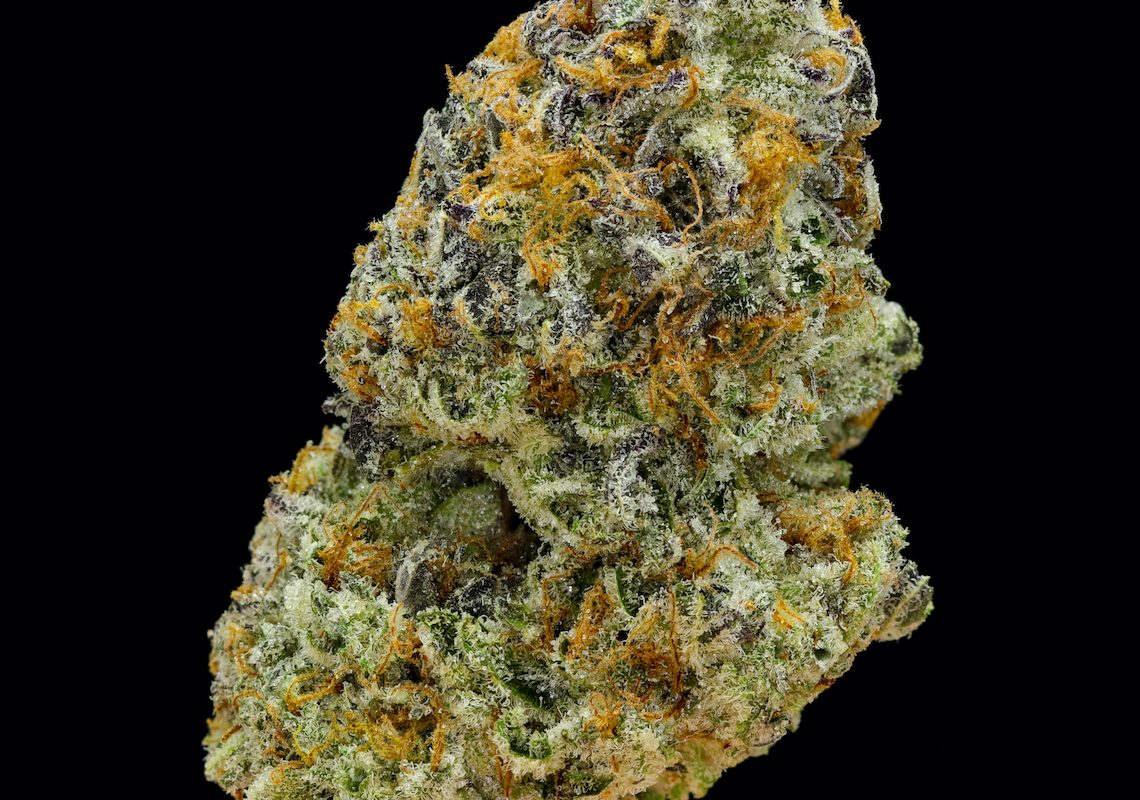Chronic pain, a complex and debilitating condition affecting millions worldwide, has spurred a quest for effective treatments beyond traditional pharmaceuticals. In recent years, cannabis has emerged as a potential ally in this battle, offering a new avenue of hope for those seeking relief from persistent pain.
Cannabis contains a multitude of compounds, with cannabinoids being the primary focus of pain management research. Delta-9-tetrahydrocannabinol (THC) and cannabidiol CBD are two well-studied cannabinoids that interact with the body’s endocannabinoid system, which plays a role in pain perception, inflammation, and overall homeostasis.
THC, the psychoactive component of cannabis, is known for its ability to modulate pain perception. It binds to cannabinoid receptors in the brain and spinal cord, influencing the transmission of pain signals and potentially providing a sense of euphoria. This dual action on pain and mood has made THC-containing cannabis strains attractive for those seeking relief from chronic pain, particularly in conditions like multiple sclerosis and neuropathy.
CBD, on the other hand, is non-intoxicating and has shown promise in managing pain without the euphoric effects associated with THC. Its anti-inflammatory properties make it a candidate for conditions characterized by inflammation-induced pain, such as arthritis. Additionally, CBD’s interaction with serotonin receptors suggests it might have an impact on mood disorders often linked with chronic pain.
The entourage effect, a concept suggesting that the combined action of multiple cannabis compounds yields enhanced therapeutic effects compared to isolated compounds, is a crucial consideration in pain management. The intricate interplay between THC, CBD, and other minor cannabinoids, along with terpenes, can influence the overall pain-relieving potential of a cannabis strain or product.
Despite the promising potential, challenges remain in utilizing cannabis for chronic pain management. Variability in cannabis strains, inconsistent dosages, and individual responses all impact its effectiveness. Additionally, legal and regulatory constraints have limited research opportunities, leaving gaps in our understanding of optimal dosages, long-term effects, and potential interactions with other medications.
As the medical community continues to explore cannabis’s role in chronic pain management, personalized approaches are gaining prominence. Medical professionals are working closely with patients to determine the most suitable strains, formulations, and dosages based on their unique pain profiles and medical histories.
It’s important to recognize that cannabis may not be a one-size-fits-all solution for chronic pain. Some individuals might experience significant relief, while others might find minimal benefits or undesirable side effects. Open communication with healthcare providers, adherence to legal guidelines, and informed decision-making are vital for individuals considering cannabis as part of their pain management strategy.
In the evolving landscape of chronic pain treatment, cannabis represents a promising avenue worth exploring. As research advances and regulations adapt, a deeper understanding of how cannabinoids and other cannabis compounds interact with pain pathways may pave the way for more targeted and effective therapeutic options for those grappling with the burdensome challenges of chronic pain.

